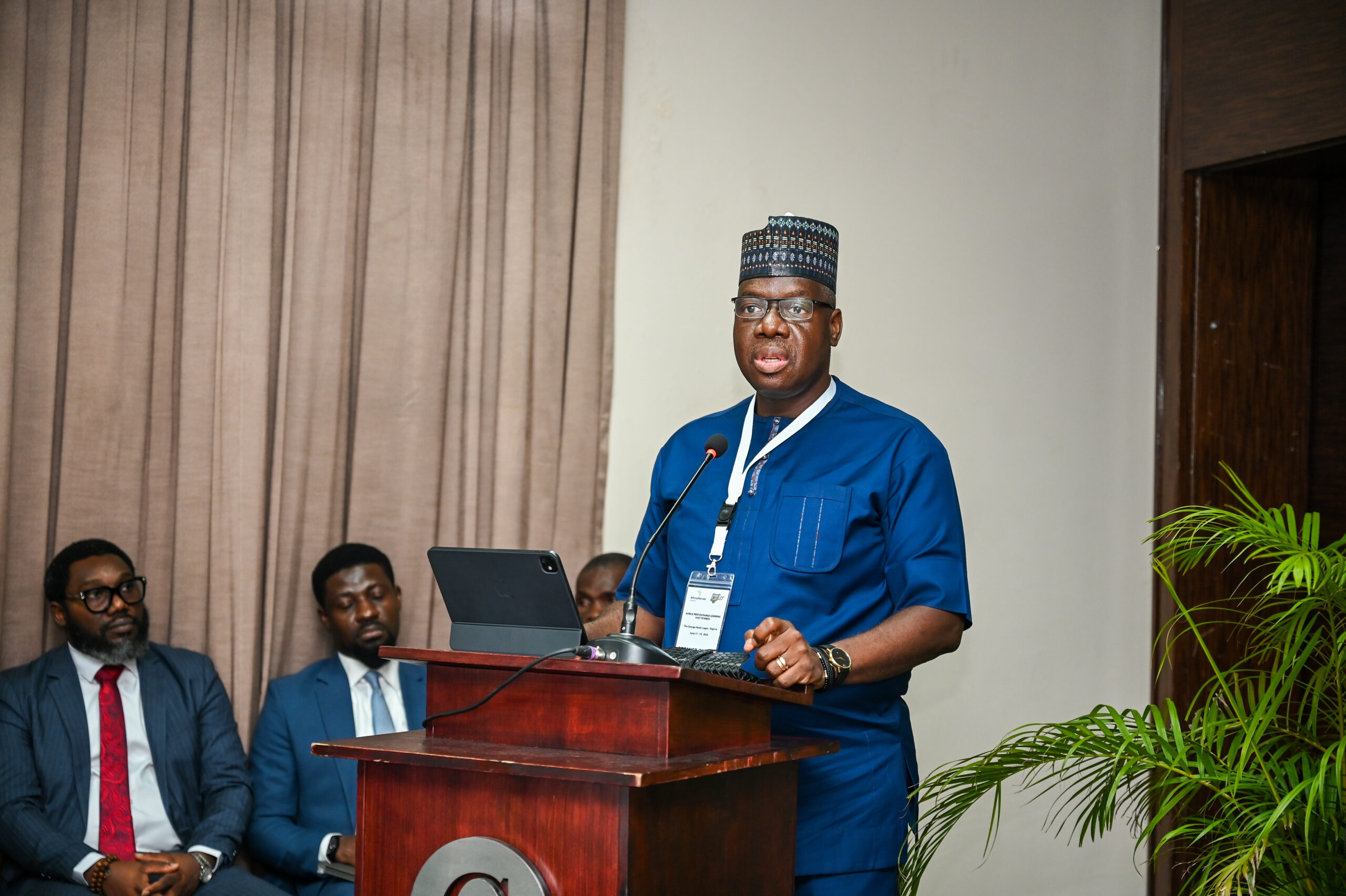Bridging healthcare gaps with AI
Imagine an AI-powered electric shaver that uses advanced sensors to detect and adapt to your individual hair and skin characteristics, providing a personalised and comfortable shaving experience. Or Philips Lumea, an at-home hair removal device that uses intense pulsed light (IPL) technology to reduce hair growth over time. It works by delivering gentle light pulses to the hair follicles, causing them to go into a resting phase, and reducing the amount of hair that grows back.
These are among some of the innovations emerging from the Philips Innovation Campus (PIC) in Bengaluru, where artificial intelligence is playing a key role in advancing innovation in healthcare and personal care products. Established in 1996, the facility is a microcosm of Philips’ global operations with presence of all business units and enterprise functions. The new campus, 650,000 sq. ft. in Yelahanka, was set up with an investment of Rs 500 crore in November 2023 and accommodates around 4,500 professionals.
“Today, Philips Innovation Campus is the largest innovation hub for the company, having established itself as a software powerhouse with AI expertise and domain (clinical) experience,” Arvind Vaishnav, head, Philips Innovation Campus, told FE. Take the example of MRI (magnetic resonance imaging), Philips’ global R&D leader is based in the campus and so the team is working on new advancements like helium-free technology, AI-powered imaging, and hybrid cloud integration. These technologies are making diagnostics more accurate, operations more efficient, and the industry more environmentally friendly.
According to Vaishnav, AI is revolutionising MRI by enabling faster scan times – upto 50% reduction – while improving image clarity. AI algorithms enable real-time analysis, providing more precise diagnostics for conditions such as neurological disorders and cancers. “We recently announced SmartSpeed Precise, which significantly improves scan speed and diagnostic image quality, extending AI-driven efficiency across the entire Philips MR portfolio, including existing customer systems,” he said.
Or, look at the advancements in minimally invasive treatments. This was made possible thanks to two notable breakthroughs in the last century, starting with endoscopy which allowed for accessing and diagnosing and treating internal organs. Then came the marriage of real-time imaging with therapeutic procedures. X-rays transformed from simple black & white two-dimensional images to powerful tools, generating 3D images in seconds using CT scans. Fluoroscopy allowed continuous visualisation during procedures, allowing medical staff to guide catheters and other devices with unparalleled accuracy. The team in Philips Innovation Campus is working on these and more.
Another breakthrough is a suite of AI-enabled ‘Precise’ software solutions that assist at every step of the CT workflow, freeing technicians and radiologists from routine, time-consuming tasks and allowing them more time to focus on their patients. The team leverages AI to improve diagnostic imaging quality, motion correction to enhance diagnostic accuracy and workflow efficiency.
In surgical robotics, the campus works on platforms like Azurion, integrating robotics, AI, and augmented reality to support minimally invasive procedures. Additionally, it works on the company’s IntelliSpace AI Workflow Suite that streamlines radiology workflows by integrating AI applications into existing systems, improving efficiency and patient outcomes. “The team works with the purpose of extending better care for more people and develops innovative solutions to address critical challenges in the global healthcare industry,” Vaishnav said.
The innovation campus is part of the larger Philips ecosystem in India, which constitutes Healthcare Innovation Centre in Pune, engaged in embedded R&D and global manufacturing, exporting to nearly 100 countries, including mobile surgical units. In Chennai, the company has its global capability centre, while India headquarters, where most of the commercial team is based, is in Gurgaon. Recently, Philips also announced that it will be opening a new campus for its Healthcare Innovation Centre in Pune.











